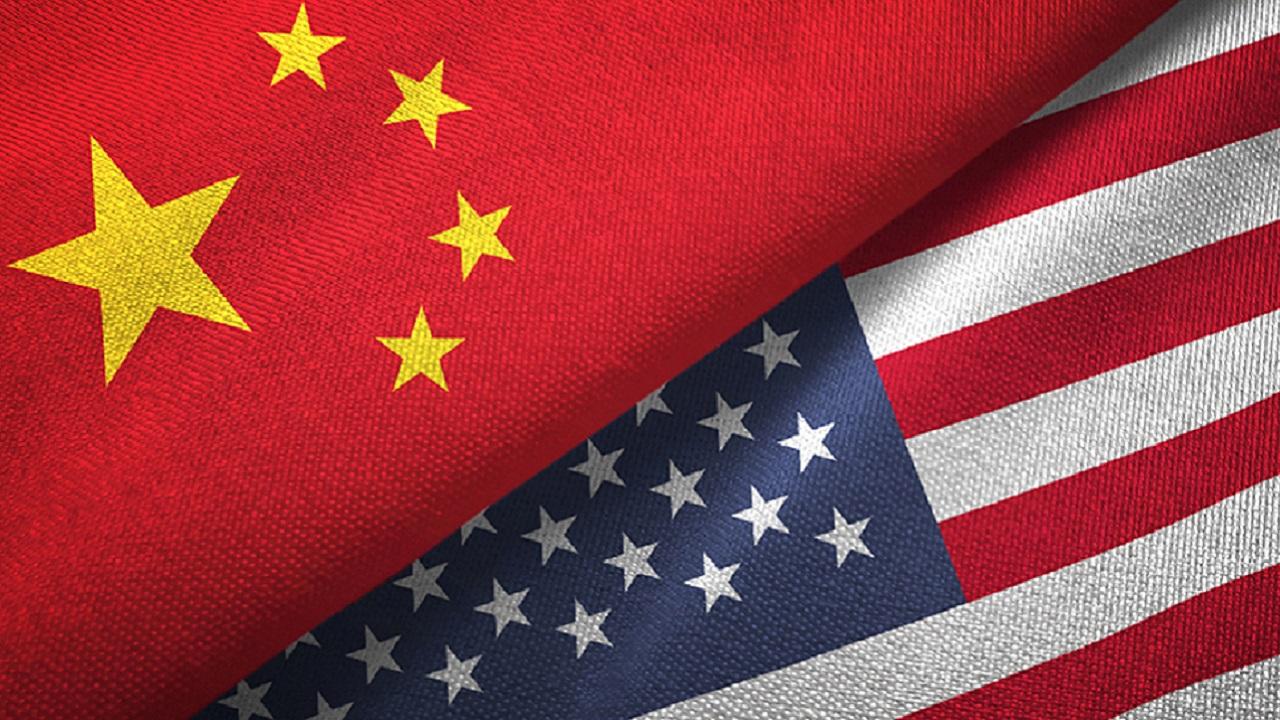US-China trade war: Beijing won't buy $50B of crops overnight
China's promise to buy $50 billion a year in U.S. crops isn't one the world's second-largest economy expects to keep overnight.
“Many things” need to happen before the purchases -- which President Trump has called a key part of a "phase one" trade deal between the two countries -- can begin, China’s Ministry of Rural Affairs told FOX Business.
Speaking at a rally on Friday, Trump said farmers would need to buy more land and equipment to meet the surge in demand for American agriculture.
“There will be more tractors sold, they’re going to be bigger and better and more powerful and they’re going to be made by John Deere and Case and Caterpillar,” Trump said, ticking off the names of American manufacturers.
GET FOX BUSINESS ON THE GO BY CLICKING HERE
Reaching the $50 billion benchmark, however, may take up to two years and require the U.S. to lift tariffs on Chinese imports as a goodwill gesture. Even if a deal is signed, China could have trouble living up to its end of the bargain, according to a global markets research team at the Tokyo-based investment bank Nomura.
Customs data show China imported $124.7 billion of agriculture products in 2017 and $136.7 billion last year, the analysts wrote.
“So by shifting some purchases from other countries to the U.S., this target might be reachable," they added. "However, meeting this target will surely be quite difficult for three reasons: 1) Chinese demand might be limited due to rising domestic output and falling demand on African Swine Fever (ASF); 2) China could face complaints from other countries, if it significantly ramps up its agriculture purchases from the U.S. in a non-market-based manner; 3) the production capacity of U.S. farmers may also be a constraint.”
The U.S. and China announced the framework last week for the first phase of a trade deal that would see Beijing raise its agricultural purchases to as much as $50 billion from about $8 billion to $16 billion in addition to reforming intellectual property practices.
In return, the U.S. agreed to not raise tariffs on Chinese products from 25 percent to 30 percent on Oct. 15. A decision has not yet been made on the tariff increase scheduled for Dec. 15.
While there's hope that Trump and Chinese President Xi Jinping will sign an agreement next month at the Asia-Pacific Economic Cooperation conference in Chile, an op-ed in the state-run China Daily warned against celebrating until the two leaders put pen to paper.
“While the negotiations do appear to have produced a fundamental understanding on the key issues and the broader benefits of friendly relations, the champagne should probably be kept on ice" for now, according to the column.
The economies of both the U.S. and China have suffered as the trade war has dragged on. China’s gross domestic product growth slowed to 6.2 percent in the second quarter, its weakest in 27 years. Meanwhile, the U.S. grew at a 2 percent rate in the April-to-June period, down from 3.1 percent the prior quarter.
A continuation of the trade war is expected to weigh on both economies, and slow growth around the world.
CLICK HERE TO READ MORE ON FOX BUSINESS
"With uncertainty about prospects for several of these countries, a projected slowdown in China and the United States, and prominent downside risks, a much more subdued pace of global activity could well materialize," the International Monetary Fund said Tuesday. "To forestall such an outcome, policies should decisively aim at defusing trade tensions."
R.N. White contributed to this article.




















